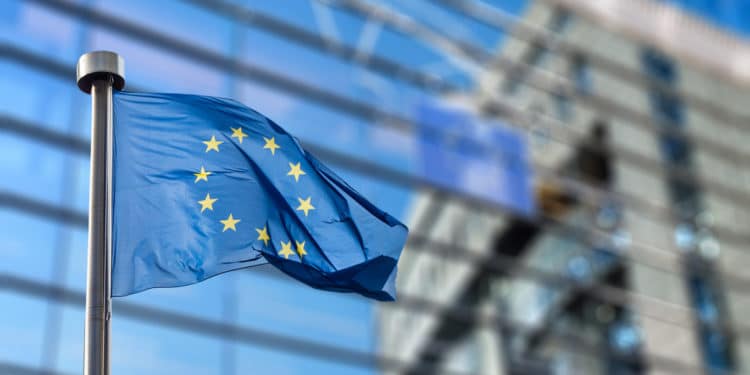Europe is openly proud of its human and civil rights record, its commitment to democracy, its emphasis on quality of life, and its dedication to justice, freedom and security for all people in all aspects of society.
It would be difficult to find a more profound expression of these values and priorities than in the preamble of the European Union’s Charter of Fundamental Rights:
Conscious of its spiritual and moral heritage, the Union is founded on the indivisible, universal values of human dignity, freedom, equality and solidarity; it is based on the principles of democracy and the rule of law. It places the individual at the heart of its activities.
The EU Charter includes a litany of rights for EU citizens, including freedom of expression, protection from unjustified dismissal, safe and dignified working conditions, and access to justice and effective remedies. These core rights are woven into a new EU Directive on whistleblower protection.
We have just over a year until all 27 EU countries must comply with the Directive and pass a whistleblower law that protects employees from retaliation, lawsuits and prosecution. Looking at how whistleblowers have been treated lately, and how they’re being treated right now, Europe is in urgent need of a refresher course on its own foundational values.
Are prosecutors in Portugal respecting Rui Pinto’s right to freedom of expression? If they are, they would not have charged Pinto with 90 criminal offenses stemming from the Football Leaks scandal. Right now, Pinto is on trial in Lisbon. He’s accused of computer fraud and attempted extortion for releasing 70 million documents that exposed alleged tax evasion and shady deals by European soccer teams and players. Investigations were launched in many European countries, and Portuguese mega-star Cristiano Ronaldo was fined $20 million for tax evasion.
Did police in Germany honor Dr. Daniel Hoffman’s right to dignity, justice and security when they conducted an armed search of his home? The respected wildlife biologist was prosecuted after he alleged irregularities with the approval of 30 wind turbines in Saarland, near Germany’s border with France and Luxembourg. He was fired from his high-ranking position at Saarland’s Environment Ministry. Police also searched the home office of prominent wind turbine activist Michael Marx, and they seized a camera that a bystander used to film the raid.
Did the Malta Gaming Authority uphold Valery Atanasov’s protection from unjustified dismissal? Atanasov was disciplined, suspended, fired, sued and reported to the police after he cautioned that many online gambling machines were not secure. What was Atanasov’s crime? As a security inspector at the Gaming Authority, he simply was doing his job. His warnings later were shown to be true. But the vindication was too late for Atanasov. His career and personal well-being were destroyed.
Is Europe ready to protect and value whistleblowers? Based on these and many other grievous actions taken against their own citizens – which speak much louder than words – the answer is “no.”
To help, the National Whistleblower Center and Whistleblowing International are working hard to prepare European citizens, officials, judges, employers and legal professionals for the impending onslaught of whistleblower cases that the EU Directive will bring forward. We challenge Europe to live up to is indivisible, universal values of human dignity, freedom, equality and solidarity.




